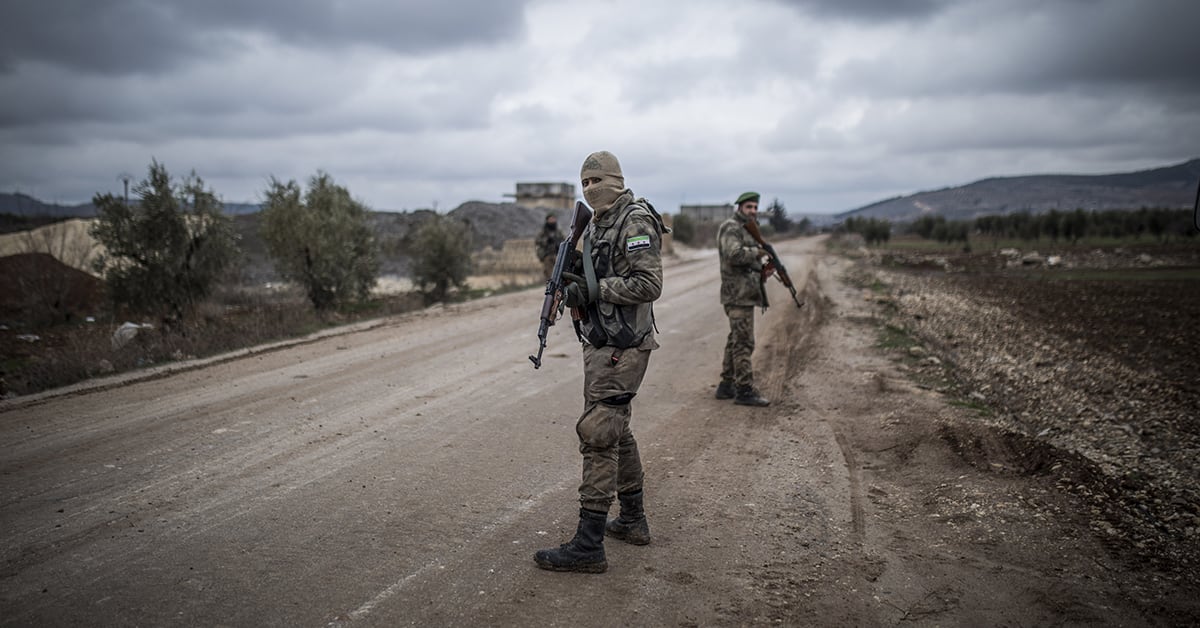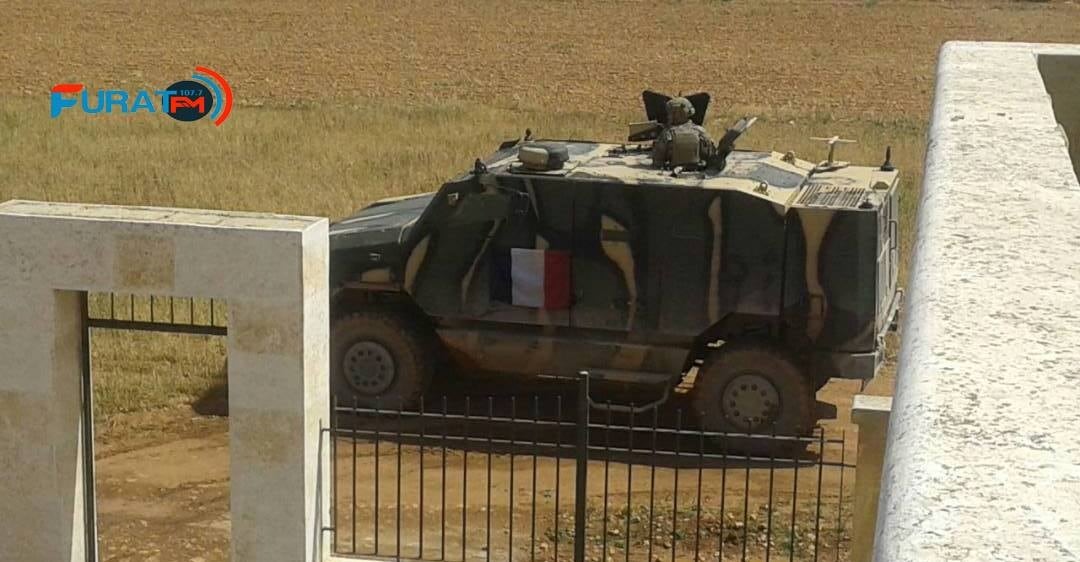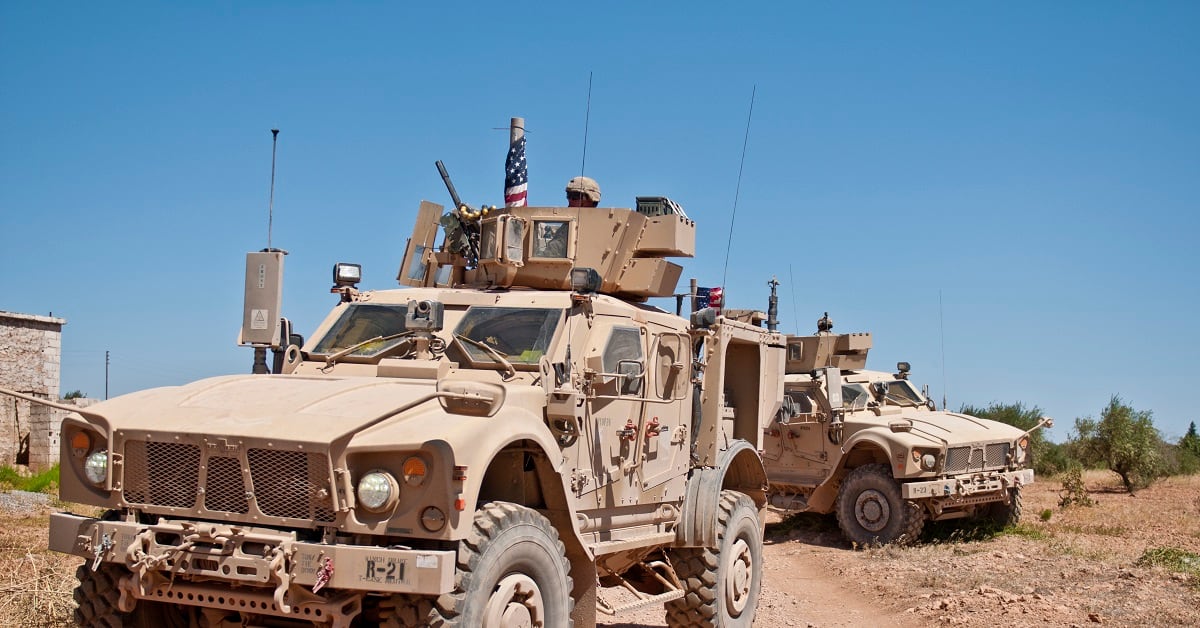This year, the northern Syrian town of Manbij has been a major friction point in relations between the United States and Turkey. But in June, the two countries reached an agreement on a road map to resolve disputes in how the area would be governed. The opening salvo of that agreement is already underway.
Troops from the two NATO allies have been conducting “coordinated independent patrols” along the demarcation line north of Manbij since June 18, officials from U.S. Central Command said.
“U.S. and Turkish forces are coordinating patrol activities but are not patrolling jointly yet," a CENTCOM official said in an email to Army Times after a series of photos showing the U.S. patrol appeared on the Defense Department’s media website.
The patrols are coordinated in that troops from both countries move along opposite sides of the northern demarcation line just outside Manbij, the official explained.
“The Manbij Roadmap does call for joint patrols, and we are working toward that end, but there is necessary training to be done first to ensure the safety and effectiveness of the joint activity,” the official added.
In one picture of a coordinated patrol, a U.S. Army soldier is shown firing a star cluster flare into the sky to mark their location for nearby Turkish military forces.
The region has been a contentious point on the Syrian map since a U.S.-backed and Kurdish-led force captured Manbij from the Islamic State group in 2016. Turkey views the Kurdish force as terrorists due to alleged links to the Kurdish insurgency plaguing southeastern Turkey. As a result, Turkey has repeatedly demanded a Kurdish withdrawal from the town, and even threatened military action.
RELATED

During a Pentagon press briefing on June 19, Army Col. Sean Ryan, the Operation Inherent Resolve coalition spokesman, said the Manbij road map will require the Kurdish People’s Protection Units, known as the YPG, to leave Manbij. Turkish and U.S. officials have offered some conflicting interpretations of the plan, but a common thread is the YPG will retreat to the east of the Euphrates River.
“I can tell you that Turkish soldiers will not go into Manbij,” Ryan said at the time. “Manbij military council is in control of all the area, and so this will just be basically along the northern demarcation line.”
Although Ryan said the road map was conditions-based, some Turkish officials have set ambitious plans for the future of the area, such as a six-month timeline to complete the Kurdish withdrawal, according to the Associated Press.
U.S. officials have repeatedly stated they cannot discuss the size of the patrols on the Turkish or U.S. side of the demarcation line.
U.S. troops have been patrolling in the Manbij region since it was recovered from the Islamic State. Past American patrols have been filmed maneuvering with French troops, and a U.S. and British special operator were killed in the town during a kill or capture mission against a known Islamic State militant in March.
RELATED

The main difference between those patrols and the new ones is simply that “Turkish soldiers are going to be outside Manbij,” Ryan said. “The announcement was made because there’s a lot of political sensitivity. ... We want to be transparent and let everyone know that those are ongoing operations.”
Kyle Rempfer was an editor and reporter who has covered combat operations, criminal cases, foreign military assistance and training accidents. Before entering journalism, Kyle served in U.S. Air Force Special Tactics and deployed in 2014 to Paktika Province, Afghanistan, and Baghdad, Iraq.
